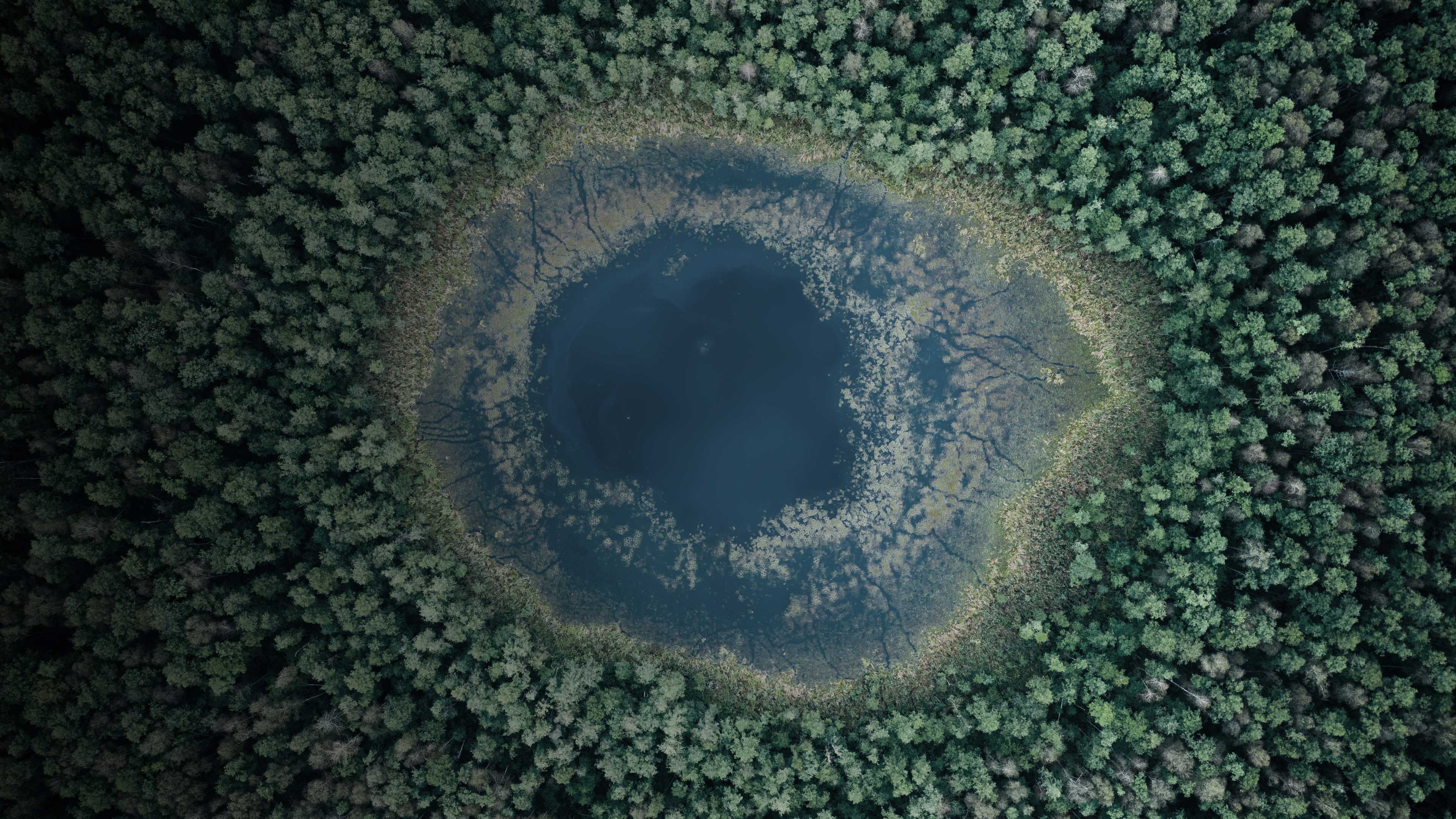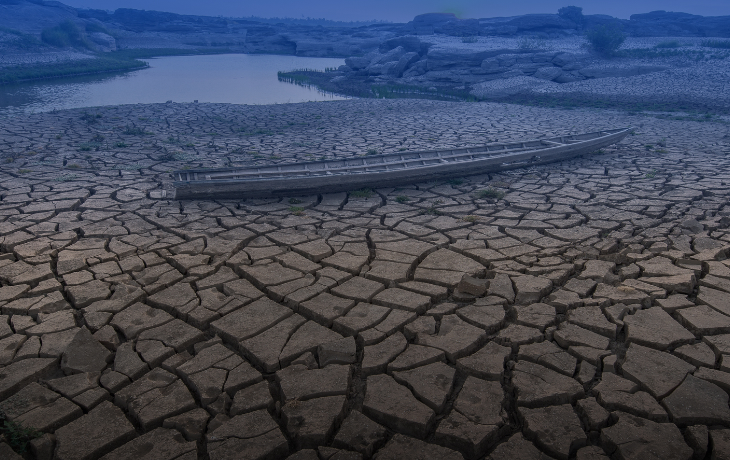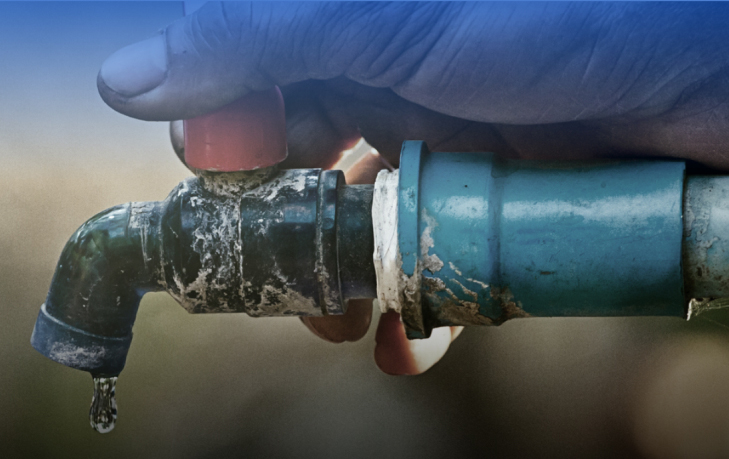

Environmental

Water pollution has been and will remain
a huge problem
Pollution can go from oil, to carcasses, to chemicals, and faecal matter. One of the significant causes is illegal dumping, by which industrial garbage is ditched into nearby water reserves as a cheap method for waste management. This severely affects water quality.
Climate Change is another important cause of water scarcity: there’s either too much or too little water. When the average air temperature becomes warmer, water from rivers and lakes evaporates at a faster speed, contributing to the drying up of water bodies.

A more erratic climate is also expected to provoke natural disasters, like floods: these can move large amounts of soil, leading to serious pollution of water bodies and making water unsuitable to drink. Plus, floods can also destroy important public infrastructure responsible to address water shortages.
Extreme environmental conditions, such as drought or floods, are currently responsible for significant climate induced migration. This trend is expected to aggravate over time, with about 700 million people expected to be displaced by intense water scarcity by 2030.
If we wish to tackle water scarcity, we need to reverse our over-reliance on carbon through individual and collective action.











 Partners across the globe
Partners across the globe